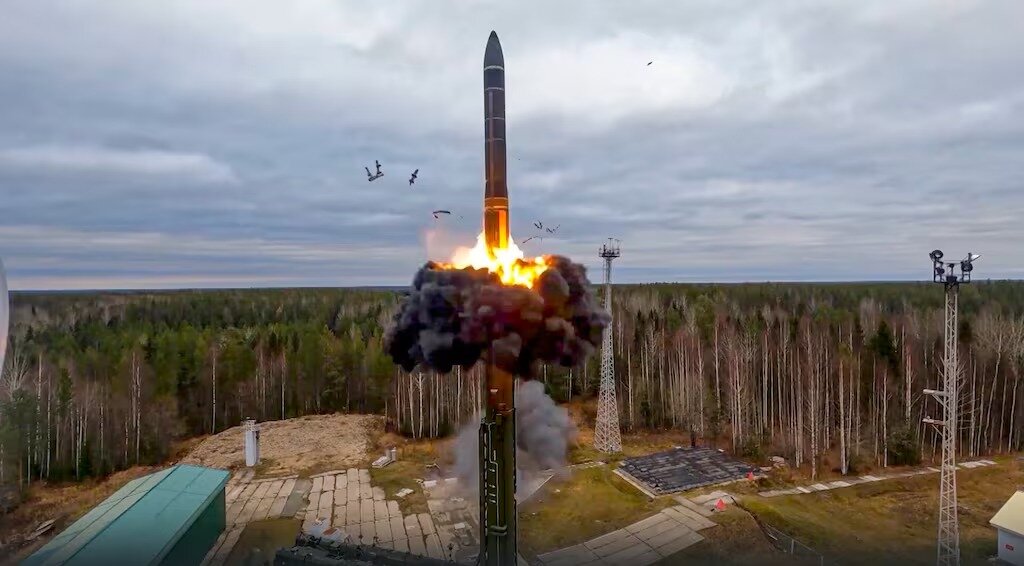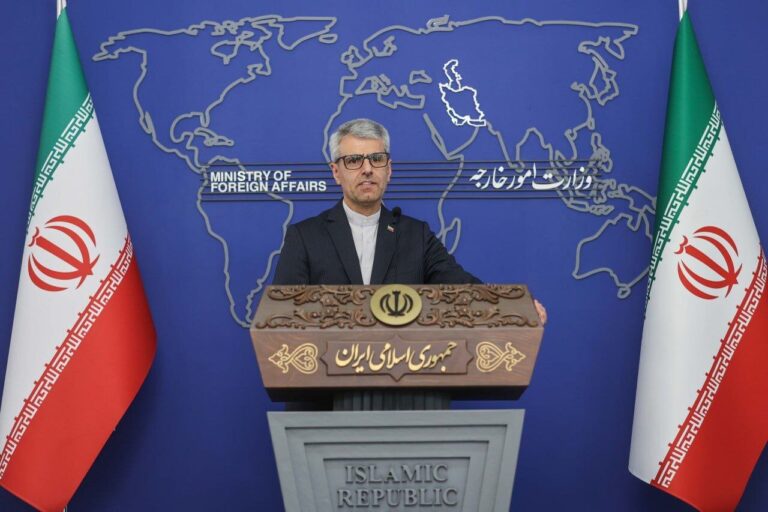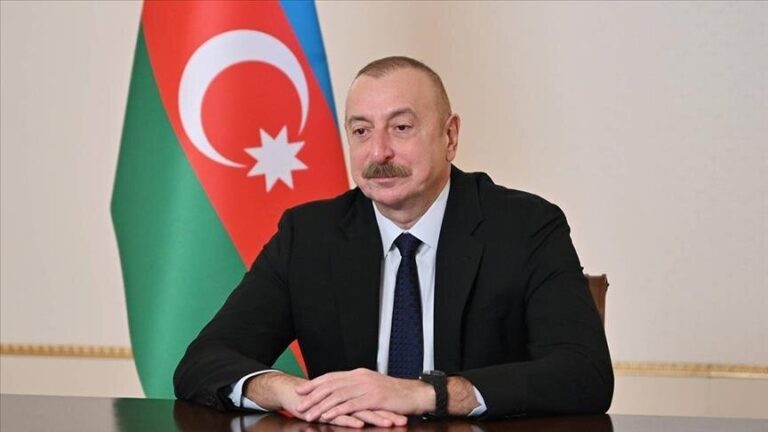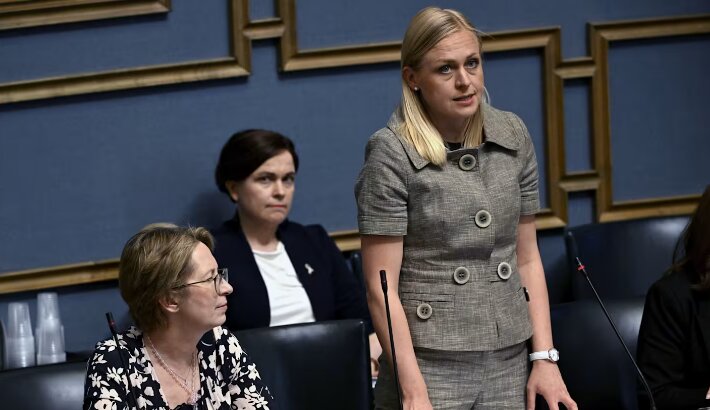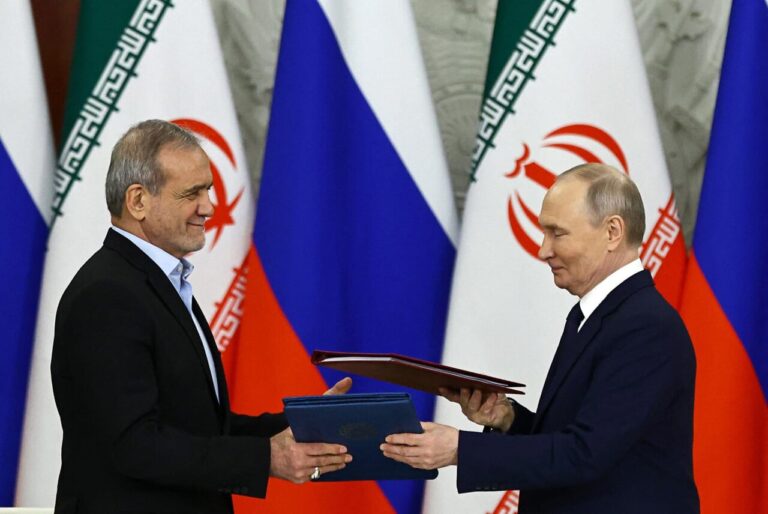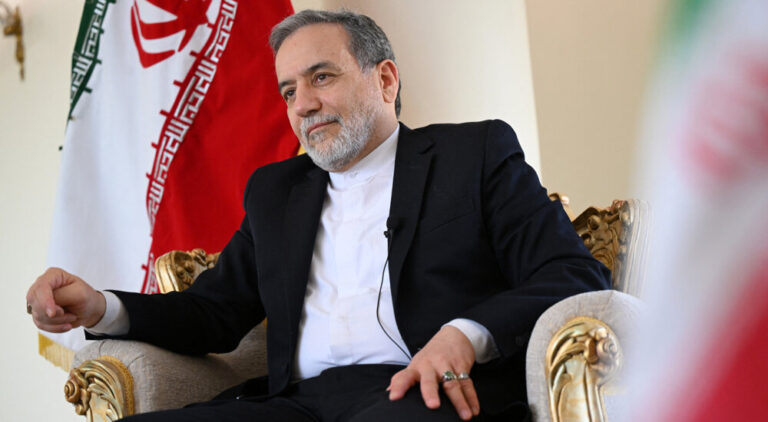US Envoy Confirms Europe Ousted from Russia-Ukraine Peace Negotiations
The ongoing conflict in Ukraine remains a critical issue on the global stage, and recent developments have raised eyebrows, particularly regarding the exclusion of Europe from peace talks. General Keith Kellogg, the U.S. envoy for Ukraine, recently announced that Europe will not be included in discussions intended to resolve Russia’s war in Ukraine. This announcement follows a surprising move by former President Trump, who initiated peace talks with Russian President Vladimir Putin without prior consultation with European allies or Kyiv.
As the situation evolves, it’s essential to understand the implications of these diplomatic maneuvers. Here are some key points regarding the latest developments:
- U.S. Priorities Shifted: The Trump administration has indicated that NATO allies in Europe must take primary responsibility for regional security, as the U.S. focuses on other priorities like border security and addressing challenges posed by China.
- Kellogg’s Statement: At a global security conference in Munich, General Kellogg explicitly stated that Ukrainians would be involved in negotiations, but he ruled out European participation, emphasizing that it would be “foolish” to claim otherwise.
- European Leaders React: Finland’s President Alexander Stubb expressed strong opposition to the exclusion of Europe from discussions about Ukraine. He insisted that any negotiations regarding Ukraine’s future or European security must involve European leaders.
- Call for Action: Stubb urged Europe to become more proactive in the situation, stating, “Europe needs to talk less and do more.” This highlights the necessity for a united European front in addressing security concerns.
The unexpected announcement by Trump has sparked a wave of reactions among European leaders. Many were taken aback by his unilateral decision to reach out to Putin, which raises questions about the future of transatlantic relations and the role of Europe in resolving the conflict.
During the same security conference, when asked about the involvement of Ukrainians and Europeans in peace talks, Kellogg’s response was clear—Europeans would not be included. He stated, “the answer to that last question, just as you framed it, is no.” This statement serves as a stark reminder of the shifting dynamics in international diplomacy surrounding this crisis.
Moreover, a European diplomat revealed that the U.S. had circulated a questionnaire to European capitals, containing six inquiries directed at assessing the readiness of European Union member states to contribute to security guarantees for Ukraine. One of the questions specifically addressed the number of soldiers European nations were prepared to deploy to support Ukraine, indicating a potential shift in military commitments.
This situation poses significant challenges for Europe, which must now navigate its security strategy in the context of U.S. foreign policy changes. The diplomatic landscape is becoming increasingly complex, and European leaders are being called upon to enhance their collective response to the ongoing conflict.
The implications of these developments extend beyond immediate military concerns; they also touch on the broader themes of national sovereignty and regional security. The exclusion of European voices from negotiations could lead to a perception of diminished influence in matters that directly affect their security and stability.
In light of these circumstances, it is crucial for European nations to come together and form a cohesive strategy. The call to action from leaders like President Stubb underscores the urgency for Europe to solidify its position and ensure that its interests are adequately represented in any discussions regarding the future of Ukraine.
As we look ahead, the role of Europe in the resolution of the conflict remains uncertain. However, one thing is clear: the stakes are high, and the need for a united European approach has never been more critical.
In conclusion, the evolving situation in Ukraine exemplifies the complexities of modern diplomacy. With the U.S. shifting its focus and European nations potentially sidelined, the need for effective communication and cooperation among European leaders is paramount. As these developments unfold, it will be interesting to see how Europe positions itself in the ongoing dialogue regarding Ukraine’s future and regional security.
